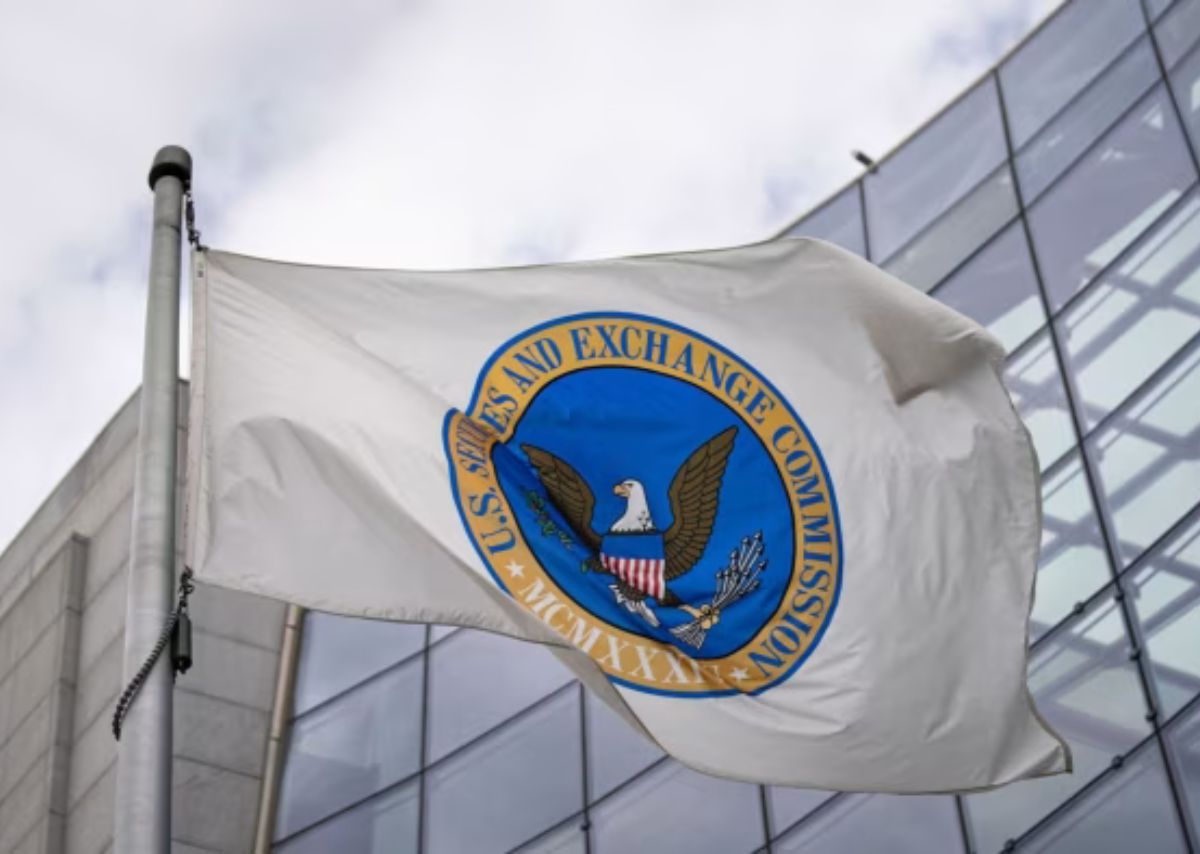Washington D.C., February 20, 2025. The U.S. Securities and Exchange Commission (SEC) has launched a high-stakes initiative to combat surging cyber and crypto-related crimes. Dubbed the Cyber and Emerging Technologies Unit (CETU), the team will target tech-driven financial misconduct while balancing innovation and investor protection.
Who is the leading figure behind this?
Laura D’Allaird, a seasoned SEC veteran, will helm CETU, steering 30 fraud specialists and attorneys nationwide. Significantly, the unit replaces the former Crypto Assets and Cyber Unit, broadening its scope to include artificial intelligence (AI), dark web schemes, and blockchain fraud.
CETU will collaborate with Commissioner Hester Peirce’s Crypto Task Force to streamline enforcement. Acting Chairman Mark Uyeda emphasised, “This unit will judiciously deploy resources to root out misuse of innovation while fostering market efficiency.”
Targeting AI Scams, Social Media Fraud, and Crypto Crimes
According to the SEC’s official announcement, CETU will prioritise six areas: AI-driven fraud, social media manipulation, hacking for insider data, brokerage account takeovers, crypto asset scams, and cybersecurity compliance. Additionally, the unit will scrutinise public companies cybersecurity disclosures.
An SEC X post confirmed CETU’s mandate to “aggressively pursue emerging tech threats.” Sources reveal the team will leverage fintech expertise to dismantle schemes exploiting decentralised platforms and algorithmic tools.
SEC Tightens Grip on Cybersecurity
Beyond fraud detection, CETU will enforce stringent cybersecurity rules for brokers, advisers, and public issuers. Recent surges in ransomware attacks and data breaches have heightened urgency.
For instance, retail brokerage account takeovers spiked 45% in 2024, prompting stricter oversight. Following this, regulated entities must now demonstrate robust cyber defences and incident protocols. “Compliance isn’t optional: it’s critical for investor trust,” stated an SEC spokesperson.
From Biden to Trump
Regulatory tides shifted notably following the 2025 presidential transition. Previously, under Biden, the SEC pursued aggressive crypto enforcement, suing firms like Ripple and Coinbase. However, Trump’s administration now advocates a “balanced framework” to spur industry growth.
Notably, the SEC recently withdrew its appeal in a lawsuit challenging its expanded dealer rule. A move hailed by the Blockchain Association. Meanwhile, Commissioner Peirce reiterated, “Clarity, not coercion, will drive responsible innovation.”
Ripple, Coinbase Cases Highlight SEC’s Changing Tactics
Ongoing lawsuits paint what CETU’s primary focus is on. The SEC delayed its response to Coinbase’s interlocutory appeal request, seeking more time amid mounting caseloads. The agency paused enforcement in lower-stakes cases but maintained pressure on high-profile targets like Ripple.
Legal analysts suggest these maneuvers reflect resource reallocation to CETU’s mission. “The SEC is prioritising deadlines and systemic risks,” noted attorney Jake Chervinsky.
A New Era of Tech-Driven Enforcement
With CETU’s launch, the SEC signals a proactive stance against digital-age financial crimes. By merging cyber expertise with regulatory muscle, the unit aims to dismantle sophisticated fraud networks while nurturing compliant innovation.
As crypto markets evolve, CETU’s success hinges on balancing enforcement rigour with industry collaboration, a tightrope walk defining the future of financial security.
Written By Fazal Ul Vahab C H



